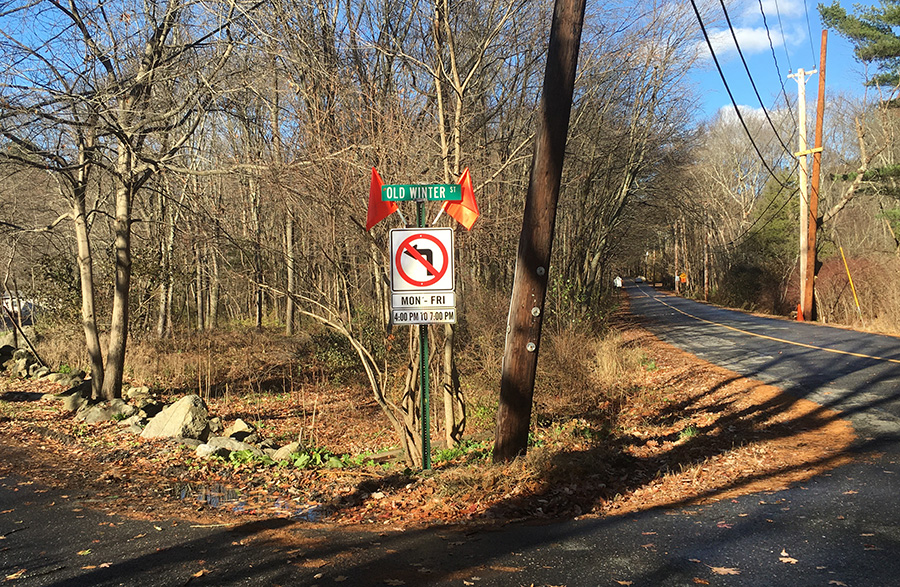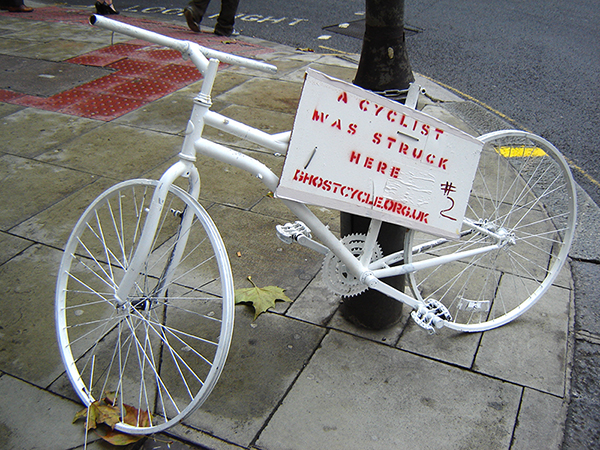As a result of the strong nor’easter, Lincoln police handled numerous reports of power failures, downed wires and branches, and road closures in Lincoln on October 16–17 starting at 11:36 p.m. Locations included Concord Rd., 94 Conant Rd., Lincoln Road, South Great Road, Peirce Hill Road, Farrar Road, Tower Road, Old County Road, Trapelo Road, Winter Street, Bedford Road, 48 Mill St., 18 Baker Bridge Rd., and Hillside Road. Due to power disruptions, commercial alarms also went off at the Lincoln School, the Lincoln Public Library, the Pierce House, and Drumlin Farm.
A few of the log entries didn’t get recorded in the Police Department’s until the following day because of an internet outage. “Our records management system is cloud-based, so we had to go to the old pen and paper for a bit and then enter in the items after the fact,” said Lt. Sean Kennedy.
October 11
125 Winter St. (9:40 a.m.)
A staff member at care Dimensions Hospice House called the station to report feeling threatened by someone during a meeting with a family member at Care Dimensions. The party was upset over a civil matter.
53 Wells Rd. (1:38 p.m.)
Call from Senior Services requested a well-being check on the resident. The resident was fine.
South Great Rd. (8:14 p.m.)
Report of a car driving without headlights on Rte 117. Area checked; nothing found.
October 12
South Great Road (4:47 p.m.)
Dog was running around in an intersection. Owner contacted and responded to get the dog.
October 13
169 Lincoln Rd. (11:34 a.m.)
Three parties who were having a verbal argument inside a vehicle pulled into the station. Officers spoke to the involved parties and it was decided that one party would head back to Boston on the train alone.
Pierce House, 17 Weston Rd. (8:55 p.m.)
A neighbor called reporting loud music at the Pierce House. Officer responded and spoke to the Pierce House staff.
October 14
34 Morningside Lane (1:41 p.m.)
A person was at the house to conduct a survey and the homeowner asked the person to leave. Officers followed up with the person and advised them not to come back to the residence.
Codman Road (2:00 p.m.)
Wallet found at Codman Community Farms.
Mt Misery parking lot, 60 South Great Rd. (1:46 p.m.)
Firearm magazine found in the woods.
155 Weston Rd. (5:52 p.m.)
Moped involved in a crash. No injuries; operator cited for motor vehicle offenses.
44 Page Rd. (9:57 p.m.)
Party knocked on door asking to use phone saying they had run out of gas. Officers responded to assist the party.
October 15
109 Page Rd. (5:08 a.m.)
Caller reports someone walking in the area, seemed out of the ordinary. Officers checked and it was a resident out for a walk.
67 Wells Rd. (7:33 a.m.)
Party called saying they noticed a student had missed the bus to Lincoln-Sudbury. Officer responded and assisted with a ride to the high school.
Hanscom Drive (4:16 p.m.)
Report of a man taking pictures of the Air Force base, which seemed suspicious. Officer checked the area; unable to locate the party.
October 16
Lincoln Road (1:02 a.m.)
Caller reported hearing a loud bang; could possibly be an electrical transformer.
Beaver Pond Road (3:12 a.m.)
Officer checked on a vehicle parked on the side of the road. Operator was checking his directions.
49 Wells Rd. (2:14 p.m.)
Party was having a civil dispute with her neighbor. Complainant was advised of her legal options.
51 Wells Rd. (5:05 p.m.)
Resident was having an ongoing civil dispute with a neighbor. Advised of their legal options.
October 17
220 Sandy Pond Rd. (1:13 a.m.)
Caller reported a burning smell at the residence. An electrical problem was the cause; Eversource was notified.





